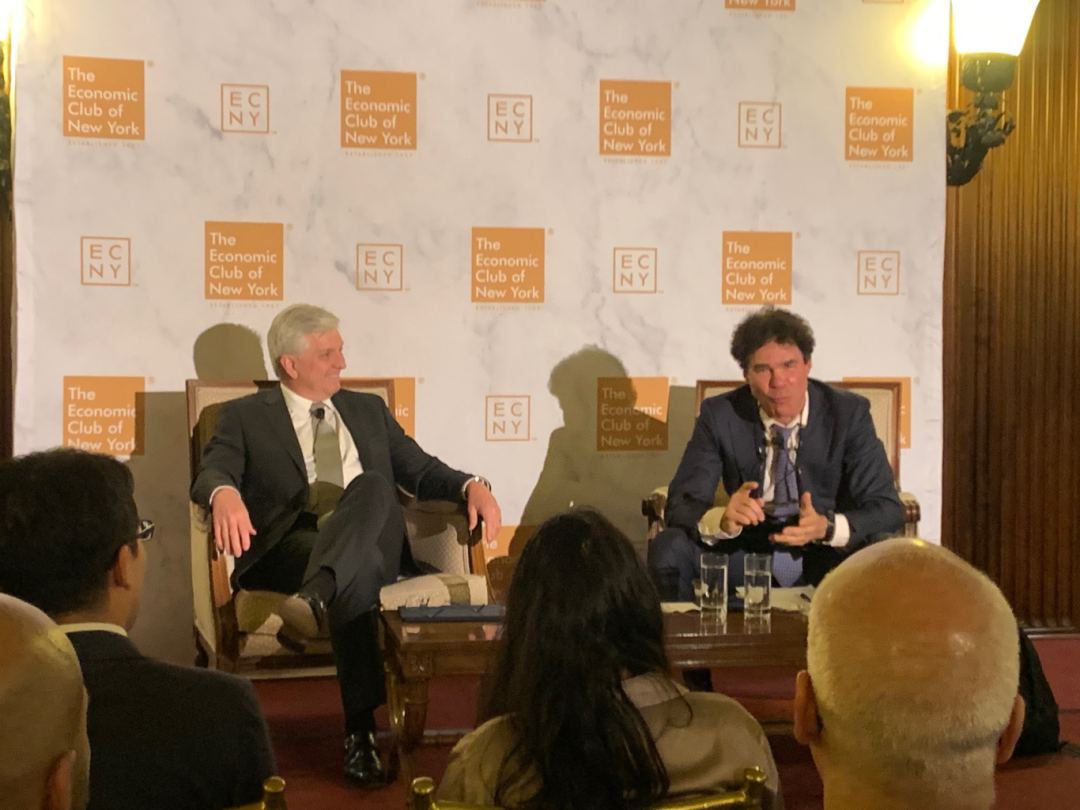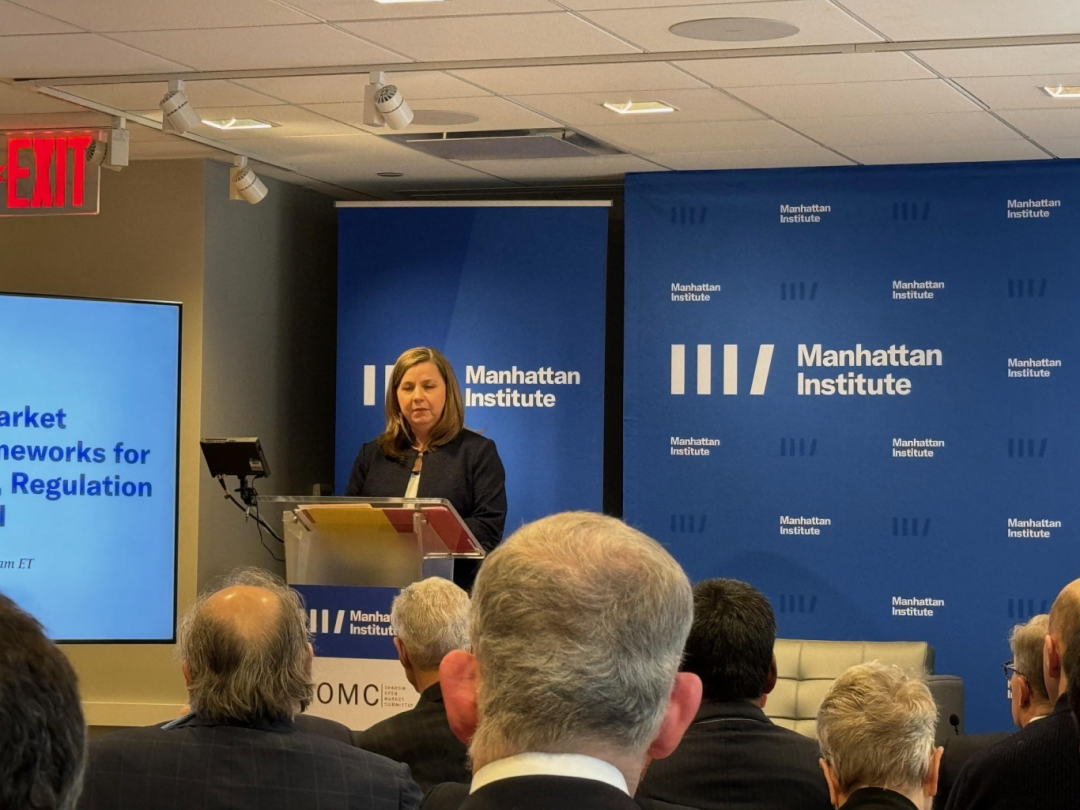Why is the Fed not cutting rates and talking about hiking them this year?(1)
Now it's early April, and the eagerly anticipated interest rate cut from the Federal Reserve, has yet to materialize. There have even been recent remarks from Fed officials suggesting the possibility of raising interest rates.
In light of this, let's delve into some in-depth interpretation and analysis.
One can reflect on the various optimistic statements in the financial markets since October last year.
At that time, analysts from Goldman Sachs predicted that the Federal Reserve would begin an interest rate cut cycle in January of this year. While the consensus on Wall Street wasn't as extreme, there was also a belief that the Fed would initiate an interest rate cut cycle in March of this year.
So why hasn't the Federal Open Market Committee (FOMC) acted to cut interest rates yet?
1. Recently, hawkish remarks from Federal Reserve officials are a response to criticism from various sectors in the United States.
I recently attended the Spring Meeting of the Shadow Open Market Committee (SOMC). As usual, many scholars at the SOMC voiced criticism of the Federal Reserve's work.
For example, there are opinions that the Federal Reserve is currently too centralized in the Washington board, that it is overly bureaucratic, and that it lacks dissenting and abstaining votes in FOMC decisions.
Of course, there is also a lot of criticism of the Federal Reserve's regulatory responsibilities for financial institutions. Lawrence Summers, former Treasury Secretary and President of Harvard University, recently criticized the Federal Reserve sharply.
He believes that the Federal Reserve is too weak on inflation and should not cut interest rates now but continue to raise them. The Wall Street Journal has also added fuel to the fire, publishing articles suggesting that the Federal Reserve's monetary policy decisions in recent years have been mistaken and have excessively fueled inflation.

The Federal Reserve's board in Washington comprises approximately 800 individuals engaged in economic research and analysis, while approximately 200 individuals are involved in regional economic analysis across the 12 Federal Reserve Banks. This team of about 1000 individuals, most of whom hold doctoral degrees, conducts highly detailed analyses of the economy, finance, and markets.
In the face of extensive criticisms from Wall Street, academia, retired Fed officials, and even the general public, it is understandable that senior officials of the Federal Reserve would express hawkish views.
They aim to convey that the Fed is not passively allowing inflation to remain high. This is why Fed Governor Bowman recently mentioned there is no rush to cut interest rates, and if inflation unexpectedly rises, the Fed could raise rates. Fed Governor Waller also emphasized during a recent conversation in New York that he needs to see inflation re-enter a downward trend before considering rate cuts.
In January and February, inflation in the United States actually exceeded expectations. To "confirm" a downward trend, the U.S. would need inflation to decline for two to three consecutive months. Therefore, even if inflation decreases in March and April, confirmation would be needed until May at the earliest, meaning rate cuts would be possible no sooner than June.
Chairman Powell himself, in the face of extensive criticism, gave a speech in San Francisco stating that the Fed would not cut rates quickly and would continue to combat inflation. This year being an election year, the biggest dissatisfaction among Americans with President Biden is high inflation, suggesting pressure on the Fed from the White House as well.

Disclaimer: Investing carries risk. This is not financial advice. The above content should not be regarded as an offer, recommendation, or solicitation on acquiring or disposing of any financial products, any associated discussions, comments, or posts by author or other users should not be considered as such either. It is solely for general information purpose only, which does not consider your own investment objectives, financial situations or needs. TTM assumes no responsibility or warranty for the accuracy and completeness of the information, investors should do their own research and may seek professional advice before investing.



